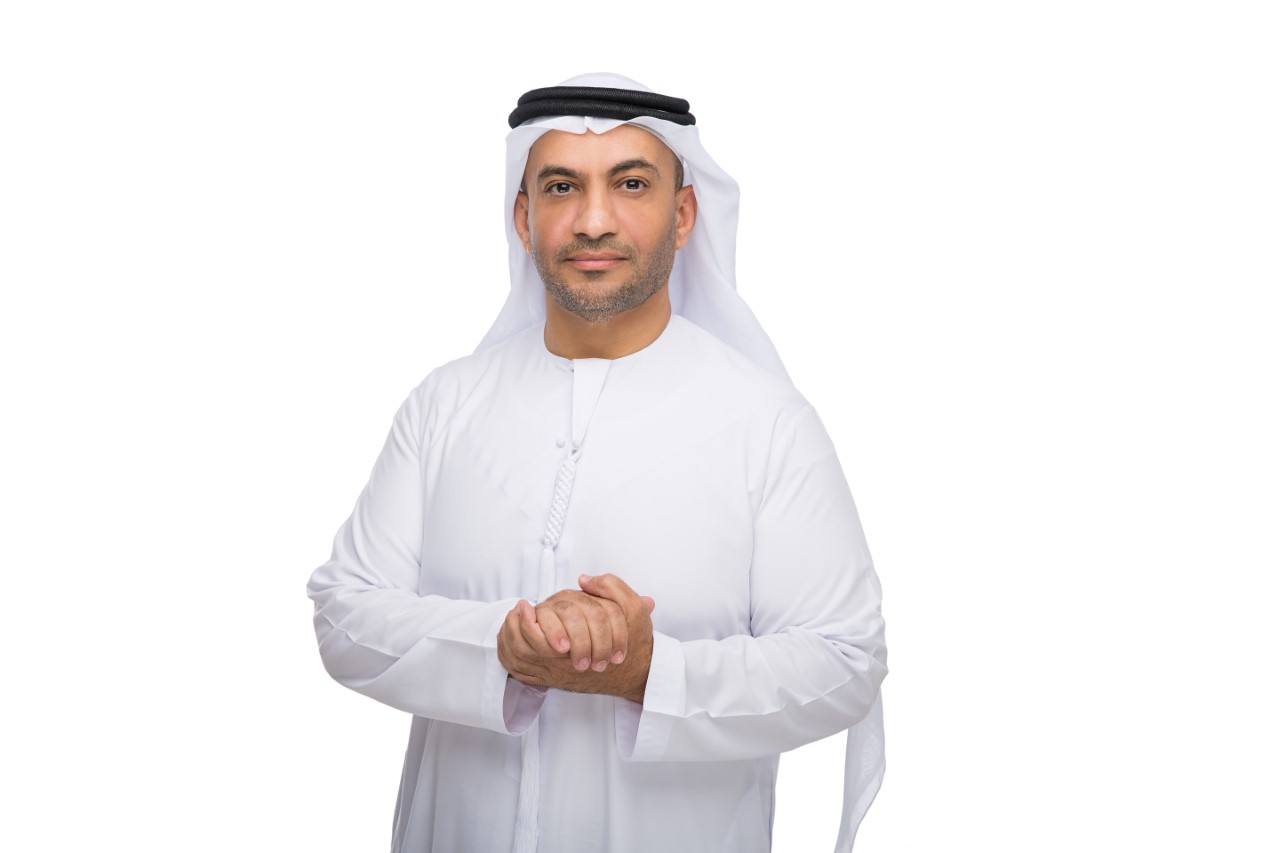Most Read
An axis of interests, not an axis of resistance
الخميس - 16 يونيو 2022
Thu - 16 Jun 2022
I don’t know to what extent the coordination between the UAE and Russia under the OPEC+ platform can be interpreted as a step toward creating what some call an axis of resistance for oil producers. Such designations seem to appeal to some analysts in our region and tempt them to use them to explain much of what is happening around us.
A Russian Foreign Ministry statement following a meeting between HH Sheikh Abdullah bin Zayed Al Nahyan, Minister of Foreign Affairs and International Cooperation, and his Russian counterpart Sergei Lavrov said that “close coordination is taking place between Russia and the UAE within the framework of the OPEC+ platform to stabilize and forecast world energy prices.”
I don’t think this balanced position could have even a hint of emphasis on one position or the other. Some see Lavrov’s visit to Riyadh as a pre-emptive strike against US President Joe Biden’s upcoming trip to the region, without focusing on other, more important dimensions of all these moves, such as a qualitative change in the status and strategic weight of the GCC countries.
They have become a party that the major powers seek to win rather than use or exploit in these conflicts. Under these international circumstances, it is only natural for Russia to forestall US President Joe Biden’s Middle East trip, which includes a visit to Saudi Arabia.
This is an important and potentially historic visit, as it could redefine the foundations of the alliance between the US and Saudi Arabia. The same is true for the Emirates, as Western media reports talk about a new framework for relations between the UAE and the US.
Saudi Arabia and the UAE have certainly achieved a significant qualitative shift in the rules of the game for conflict and influence in the Middle East with their balanced positions on the crisis in Ukraine. The US no longer sees these two states in the old traditional perspective of subordinates rather than peers.
Russia recognizes the importance of the role of the two states in building a new international balance in which their interests are pursued without disrupting existing partnerships and alliances with the various great powers.
It goes without saying that the UAE has never been inclined to unilateral axes that hark back to earlier times and are no longer compatible with the nature of today’s international relations.
Moreover, such a situation create a mismatch between its interests and its burning desire to open up to all states, regional and international powers and to establish friendly and balanced relations with all of them without exception.
Undeniably, the UAE has succeeded in avoiding political storms and international and regional conflicts, focusing on development goals and achieving its economic objectives, a clear expression of the principles enshrined in Document of 50 to put foreign policy at the service of economic goals. So it is not about oil, gas or political alliances or axes.
It is about concrete goals that UAE diplomacy seeks to achieve apart from conceptual conflicts. I believe that much of what is written about the state of Gulf relations with the major powers, particularly the US, Russia and China, amounts to wishful thinking rather than reality.
In other words, most of the articles are politically and intellectually based on the biases of their authors or the media rather than actuality; the Gulf states are certainly not ditching or downgrading their security partnership with the US. Nor can they sacrifice their enormous economic and trade interests with China or their oil and strategic cooperation with Russia.
The idea of taking sides in a tense international conflict or joining an axis is not in line with the orientations of Saudi Arabia or the UAE. Otherwise, there would not have been so many debates about the positions of the two countries in the Ukraine crisis, for example.
The orientations of the Gulf states come from the need for a unified position in this complex phase of international relations and world order. So it makes no sense that aligning with any axis would be a catchphrase of this phase. Rather, it is an axis of interests, whether they are those that unite the GCC states and their people, or their common interests with the rest of the world.
Certainly there is a minimal consensus on what those interests are. So, these countries are unlikely to play a part in any political, military, or oil axis, because that would involve them becoming parties to conflicts of influence in which they have no interest.
Related Articles

Role of Nanotechnology in Food industryRole of Nanotechnology in Food industry

A stiff test of the limits of American powerA stiff test of the limits of American power

The use of Neural Networks in Food Supply ModelsThe use of Neural Networks in Food Supply Models

Sustainable Quality for an Aspiring NationSustainable Quality for an Aspiring Nation
